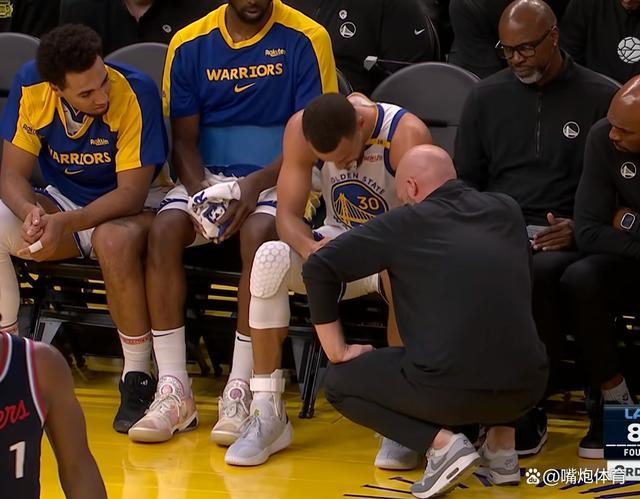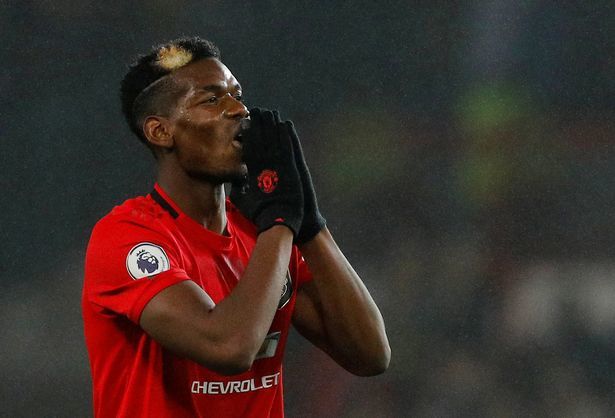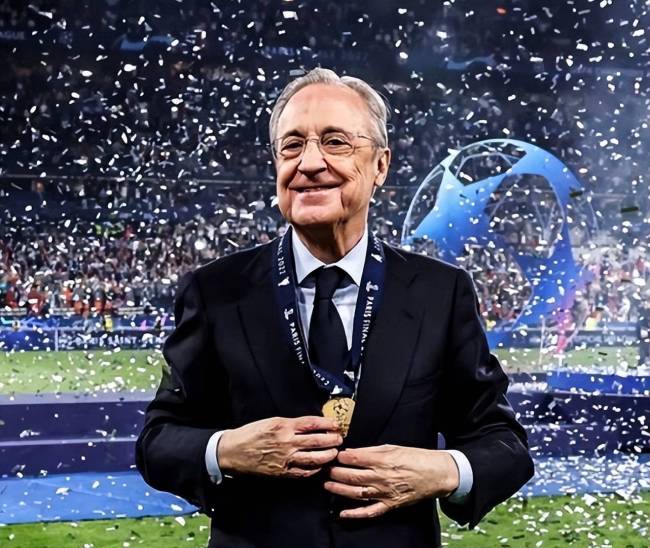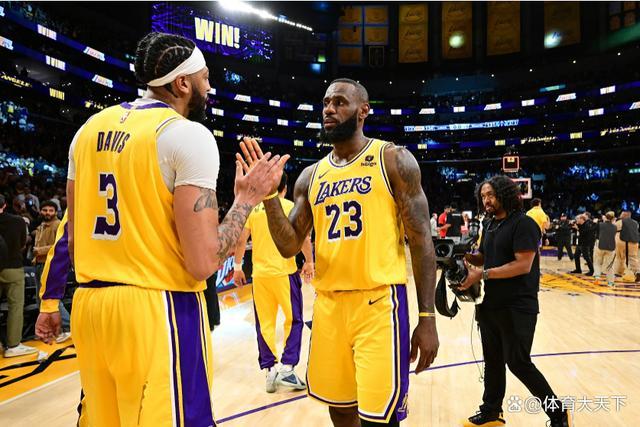The title "世界最佳足球教练" translates to "World's Best Soccer Coach." Here's an overview of what it takes to be considered one of the world's best soccer coaches:
1.
Technical Knowledge and Tactical Acumen:
A top soccer coach must have an indepth understanding of the game's technical aspects, including skills, strategies, formations, and game tactics. They should be able to analyze opponents' strengths and weaknesses to develop effective game plans.2.
Leadership and Management Skills:
Effective communication, motivational skills, and the ability to manage a diverse group of players are crucial. A great coach can inspire and unite players toward a common goal, fostering teamwork and a winning mentality.3.
Adaptability and Innovation:
Soccer is constantly evolving, with new trends, technologies, and playing styles emerging. A top coach must be adaptable and innovative, willing to embrace change and find creative solutions to challenges on and off the field.4.
Player Development:
Developing players' skills, fitness, and mental toughness is a key responsibility. The best coaches have a knack for identifying talent, nurturing young players, and helping established stars reach their full potential.
5.
Success and Achievements:
While success is subjective and can vary based on team resources and competition level, winning major trophies, achieving consistent results, and earning recognition from peers and experts are typical indicators of a top coach.Some of the coaches often mentioned in discussions about the world's best include Pep Guardiola, Jurgen Klopp, Diego Simeone, Zinedine Zidane, and Carlo Ancelotti. Each has their unique style, strengths, and track record of success at top clubs and international levels.











